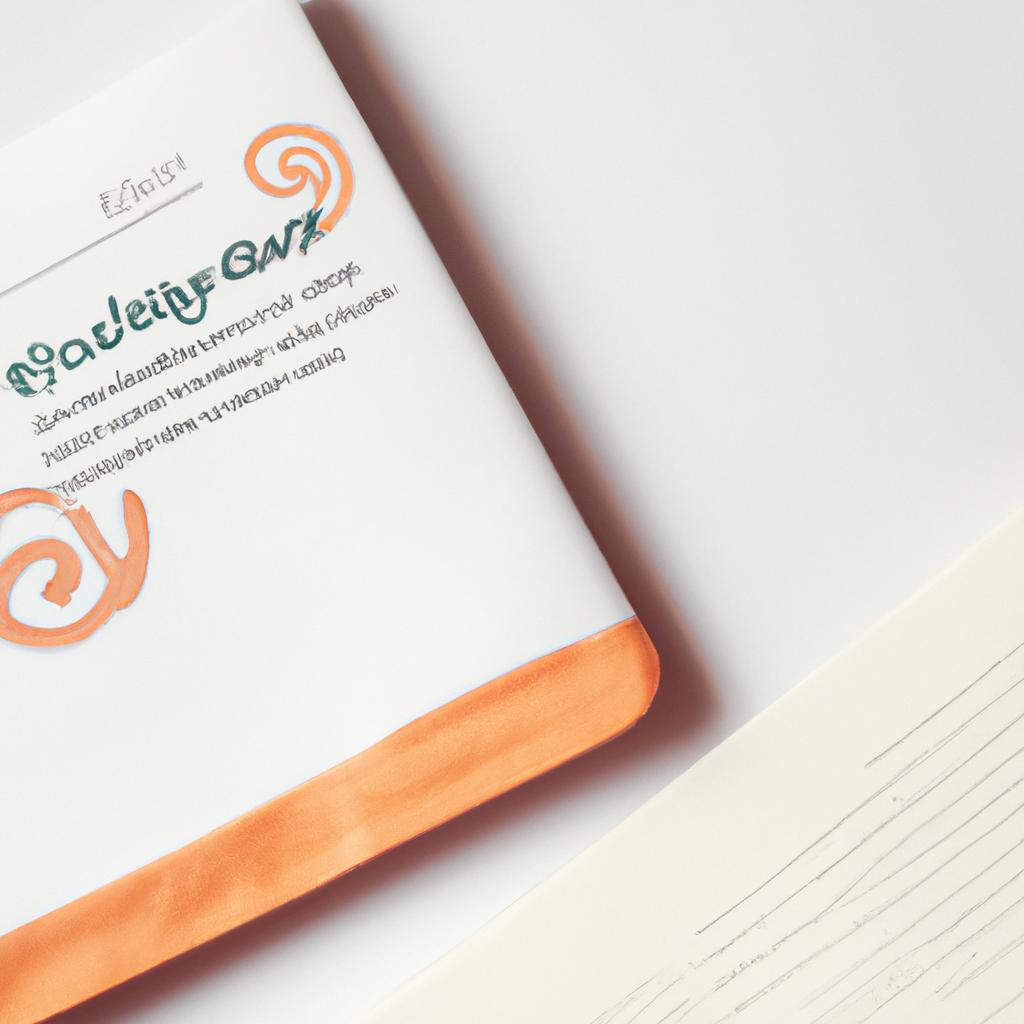**”The Art of Breathwork: Exploring Different Techniques to Reduce Anxiety and Enhance Performance in High-Stress Situations”**
# The Art of Breathwork: Exploring Different Techniques to Reduce Anxiety and Enhance Performance in High-Stress Situations
In today’s fast-paced world, stress and anxiety have become commonplace, often hindering our performance in both personal and professional contexts. However, one of the simplest yet most effective tools we can utilize to combat these negative feelings is our breath. Breathwork, the practice of consciously controlling our breath, offers a variety of techniques to reduce anxiety and enhance performance during high-stress situations. In this blog post, we will explore several breathwork techniques, delve into nutrition tips and exercise advice, and discuss the health benefits of these practices.
## Understanding Breathwork
Breathwork encompasses various techniques that focus on regulating and optimizing our breathing patterns. By learning to control our breath, we can influence our mental state, emotional responses, and overall well-being. From deep diaphragmatic breathing to more advanced techniques like the Wim Hof Method, breathwork can serve as a powerful tool in managing stress and anxiety.
### Common Techniques for Breathwork
1. **Diaphragmatic Breathing**
– This technique involves breathing deeply into the diaphragm rather than shallowly into the chest. It promotes relaxation and can significantly reduce anxiety levels.
2. **Box Breathing**
– Often used by athletes and military personnel, this technique involves inhaling, holding, exhaling, and holding again for equal counts (e.g., four seconds each). This method can help to calm the mind and improve focus.
3. **4-7-8 Breathing**
– Developed by Dr. Andrew Weil, this method consists of inhaling for four seconds, holding the breath for seven seconds, and exhaling for eight seconds. This technique helps to slow the heart rate and induce a state of calm.
4. **Wim Hof Method**
– Combining breath control, cold exposure, and meditation, the Wim Hof Method enhances resilience and boosts performance, making it particularly useful in high-stress situations.
## Nutrition Tips
What we eat can significantly influence our mental state and overall well-being. Here are some nutrition tips that complement breathwork practices:
1. **Stay Hydrated**
– Dehydration can exacerbate feelings of anxiety. Aim to drink sufficient water throughout the day to ensure optimal bodily function.
2. **Include Omega-3 Fatty Acids**
– Foods rich in omega-3s, such as fatty fish, walnuts, and flaxseeds, have been shown to reduce anxiety and improve mood.
3. **Opt for Whole Foods**
– Incorporate whole grains, fruits, vegetables, and lean proteins into your diet. These nutrient-dense foods support brain health and stabilize energy levels.
4. **Limit Caffeine and Sugar**
– Excessive caffeine and sugar can lead to spikes in anxiety. Moderation is key to maintaining a balanced mood.
## Exercise Advice
Incorporating regular physical activity into your routine can enhance the effects of breathwork. Here are some exercise tips to consider:
1. **Engage in Aerobic Exercise**
– Activities like running, cycling, or swimming can improve cardiovascular health and help to lower anxiety levels. Try to aim for at least 150 minutes of moderate exercise each week.
2. **Practice Yoga**
– Yoga combines physical movement, breath control, and mindfulness, making it an excellent practice for reducing stress and enhancing overall well-being.
3. **Incorporate Stretching**
– Stretching not only improves flexibility but can also release tension in the body, promoting relaxation. Consider incorporating deep breathing into your stretching routine.
4. **Mindful Movement**
– Practices like tai chi or qigong emphasize slow, deliberate movements paired with breath awareness, fostering a connection between body and mind.
## Health Benefits
The benefits of breathwork extend beyond immediate stress relief. Some of the key health benefits include:
1. **Reduced Anxiety and Stress**
– Breathwork promotes relaxation and can help lower cortisol levels, the hormone associated with stress.
2. **Enhanced Focus and Clarity**
– By calming the mind, breathwork can improve concentration and cognitive function, aiding in decision-making during high-pressure situations.
3. **Improved Physical Performance**
– Breathwork techniques can enhance oxygen delivery to muscles, improving endurance and overall physical performance.
4. **Better Sleep Quality**
– Regular breathwork can help regulate the nervous system, leading to improved sleep patterns and overall restorative processes.
## Conclusion
Breathwork is a powerful and accessible practice that can significantly reduce anxiety and enhance performance in high-stress situations. By exploring various techniques, implementing supportive nutrition and exercise strategies, and recognizing the myriad health benefits, individuals can cultivate a sense of calm and clarity in their lives. Ultimately, mastering the art of breathwork can empower us to navigate the challenges of modern life with greater resilience and ease.















Post Comment